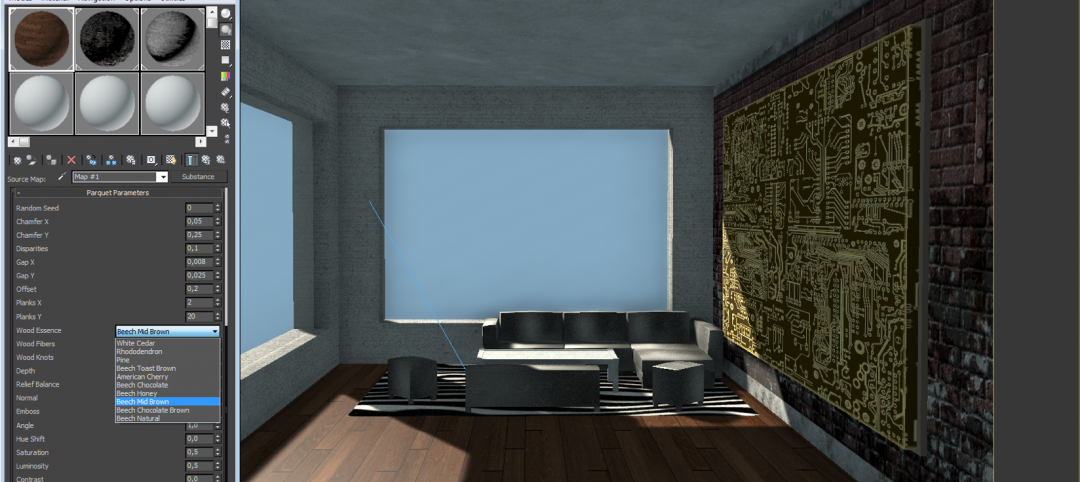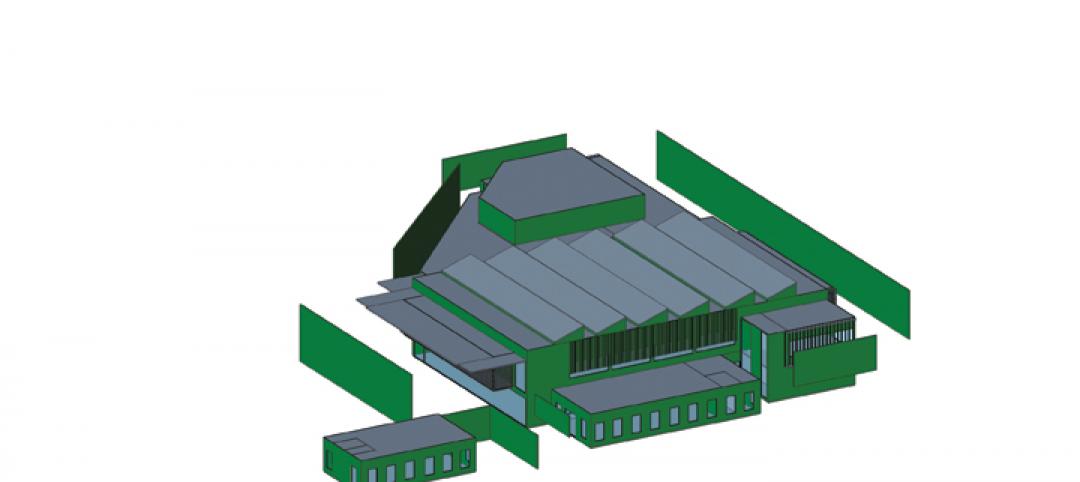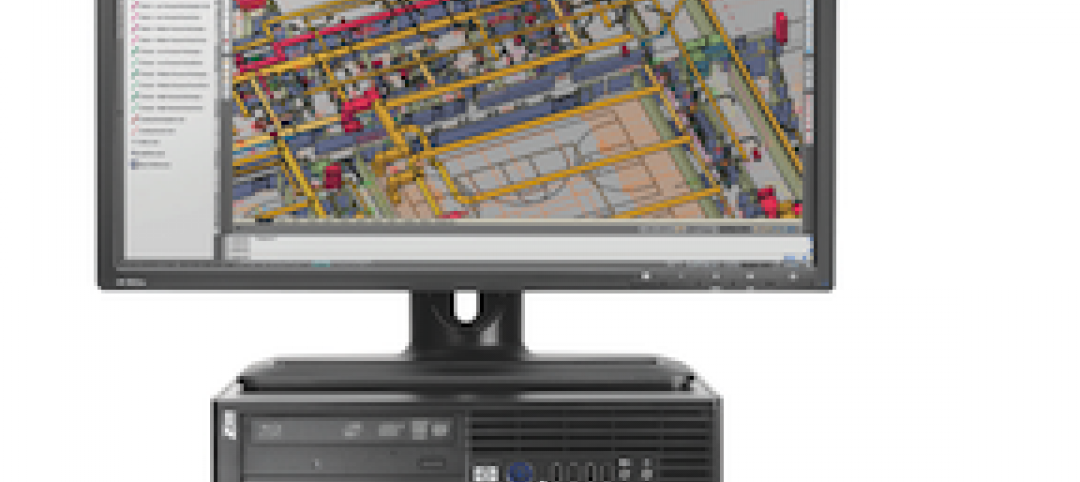Energy efficiency has been the flavor of the month when it comes to building projects as cities try to curtail their energy usage to more sustainable levels. The problem has been, to become more energy efficient, detailed information about how and when cities, and the buildings they are composed of, consume electricity and heating fuel. In other words, it is hard to do a comparison without having at least two things to compare.
The city of Boston, however, no longer has to worry about lacking current, detailed information on its energy usage throughout a given day or throughout the year, with an emphasis on detailed.
Researchers at the MIT Sustainable Design Lab (SDL) and the MIT Lincoln Laboratory, in collaboration with the Boston Redevelopment Authority (BRA), have a shiny new toy to use to help plan for the city’s energy future, MIT News reports.
This shiny new toy comes in the form of a “citywide urban building energy model of unprecedented scale and spatio-temporal detail.” For every single building in Boston, nearly 100,000 in total, the new energy modeling tool estimates the gas and electricity demand for every single hour of a given year. This amount of detail has never been incorporated into a model of a city the size and scope of Boston.
The model will be used in an effort to help make Boston’s energy system more efficient, resilient, and affordable.
The team of researchers behind the project sifted through all 92,000 buildings in Boston and sorted them into 48 “archetypes” and 12 usage categories. Then, each archetype was assigned characteristics relating to things like heating and cooling systems, electricity use, thermostat settings, time, occupancy, and wall and roof structure, among others, MIT News reports.
In order to make all of this information and data useable for energy planning it required creating a lot of algorithms to work with incomplete datasets. While this took a long time to complete, it has the benefit of allowing the tool to be adapted, as opposed to reinvented, by others who may be interested in doing similar analyses throughout the northeast.
The modeling tool has already helped to identify sites throughout Boston where “a combination of CHP, photovoltaic, battery storage, and ground source heat pumps could reduce greenhouse gas emissions and offer lower-cost alternatives to current centralized energy supply scenarios,” according to MIT News.
The end goal of this project is to allow for every city, worldwide, to be able to use a citywide energy model to manage its complicated web of energy supply and carbon emissions.
Related Stories
| Nov 16, 2010
Calculating office building performance? Yep, there’s an app for that
123 Zero build is a free tool for calculating the performance of a market-ready carbon-neutral office building design. The app estimates the discounted payback for constructing a zero emissions office building in any U.S. location, including the investment needed for photovoltaics to offset annual carbon emissions, payback calculations, estimated first costs for a highly energy efficient building, photovoltaic costs, discount rates, and user-specified fuel escalation rates.
| Nov 9, 2010
12 incredible objects being made with 3D printers today
BD+C has reported on how 3D printers are attracting the attention of AEC firms. Now you can see how other creative types are utilizing this fascinating printing technology. Among the printed items: King Tut’s remains, designer shoes, and the world’s smallest Rubik’s Cube.
| Nov 5, 2010
New Millennium’s Gary Heasley on BIM, LEED, and the nonresidential market
Gary Heasley, president of New Millennium Building Systems, Fort Wayne, Ind., and EVP of its parent company, Steel Dynamics, Inc., tells BD+C’s Robert Cassidy about the Steel Joist Manufacturer’s westward expansion, its push to create BIM tools for its products, LEED, and the outlook for the nonresidential construction market.
| Nov 2, 2010
Energy Analysis No Longer a Luxury
Back in the halcyon days of 2006, energy analysis of building design and performance was a luxury. Sure, many forward-thinking AEC firms ran their designs through services such as Autodesk’s Green Building Studio and IES’s Virtual Environment, and some facility managers used Honeywell’s Energy Manager and other monitoring software. Today, however, knowing exactly how much energy your building will produce and use is survival of the fittest as energy costs and green design requirements demand precision.
| Oct 13, 2010
Test run on the HP Z200 SFF Good Value in a Small Package
Contributing Editor Jeff Yoders tests a new small-form factor, workstation-class desktop in Hewlett-Packard’s line that combines performance of its minitower machine with a smaller chassis and a lower price.
| Oct 13, 2010
Prefab Trailblazer
The $137 million, 12-story, 500,000-sf Miami Valley Hospital cardiac center, Dayton, Ohio, is the first major hospital project in the U.S. to have made extensive use of prefabricated components in its design and construction.












